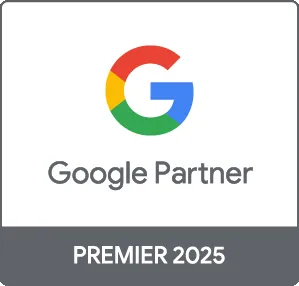PPC (Pay-Per-Click) advertising is a powerful tool for small businesses looking to increase their visibility and attract more customers online. With the right strategies, even small budgets can yield impressive results. In this guide, we’ll share essential PPC advertising tips specifically tailored for small businesses, helping you to maximize your ROI and drive growth.
Understand Your Audience
Before launching a PPC campaign, it’s crucial to identify and understand your target audience. Here’s how to do it:
- Create Buyer Personas: Develop detailed profiles of your ideal customers based on demographics, interests, and behaviors.
- Conduct Market Research: Use surveys, social media insights, and competitor analysis to gather information about potential customers.
Select the Right Keywords
Keyword selection is foundational in PPC advertising. Consider these strategies:
- Utilize Keyword Tools: Tools like Google Keyword Planner can help you find relevant and high-traffic keywords.
- Focus on Long-Tail Keywords: These are less competitive and often lead to higher conversion rates because they target more specific search intents.
Craft Compelling Ad Copy
Your ad copy needs to capture attention and prompt action. Here are some tips:
- Highlight Unique Selling Points: Emphasize what sets your business apart from competitors.
- Include a Strong Call-to-Action (CTA): Phrases like “Shop Now” or “Get Your Free Quote Today” encourage users to take action.
Optimize Landing Pages
Directing traffic to a well-optimized landing page can significantly improve your conversion rates. Ensure your landing page:
- Is Relevant: The content should match the promise of your ads to improve user experience.
- Has a Clear CTA: Guide visitors on what to do next with clear, concise instructions.
Set a Realistic Budget
Establishing a budget is crucial for any PPC campaign. Consider the following:
- Start Small: Begin with a modest budget and scale up based on the effectiveness of your campaigns.
- Monitor Spending: Keep track of daily ad expenditures, ensuring you stay within budget while optimizing performance.
Utilize A/B Testing
A/B testing allows you to experiment with different ad variations to see which performs best. Here’s how:
- Test One Element at a Time: Change only one aspect (like the headline or image) to measure its impact accurately.
- Collect Data: Analyze the results to refine your approach and improve future campaigns.
Monitor and Adjust Your Campaigns
Continuous optimization is key to PPC success. Regularly check your campaign performance:
- Track Key Metrics: Focus on CTR (click-through rate), conversion rates, and cost-per-click to gauge effectiveness.
- Make Data-Driven Adjustments: Use insights from performance data to tweak your ads, keywords, and budget allocation.
Conclusion
PPC advertising can be a game-changer for small businesses when executed correctly. By understanding your audience, selecting the right keywords, crafting compelling ad copy, optimizing landing pages, and continuously monitoring your campaigns, you can achieve significant results. At Prebo Digital, we specialize in helping small businesses thrive with tailored PPC strategies. Contact us today to learn how we can help you make the most of your PPC investments.





